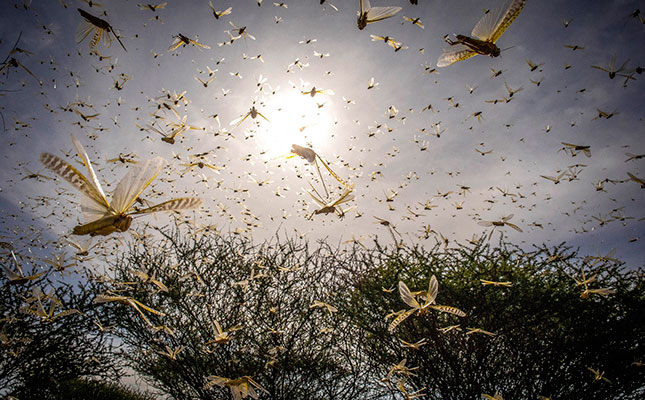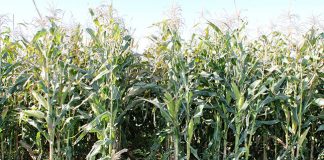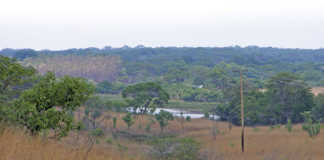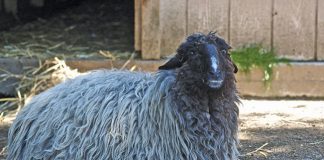
Photo: FAO/Sven Torfinn
The African Development Bank has approved more than R28 million in emergency relief funding to assist nine countries in East Africa and the Horn of Africa to control vast swarms of desert locusts.
This locust pest was threatening livelihoods and food security in the region, according to a statement by the APO Group, issued on behalf of the African Development Bank Group (AfDB).
The statement said desert locusts were considered to be the most destructive migratory pest in the world.
Traveling locust swarms were common in Africa, Southern Asia and the Middle East, but the insect population started getting out of hand in December 2019 when hundreds of millions of locusts invaded Kenya.
The locusts had since spread to 10 countries in Africa, according to the UN.
According to a statement published by the UN unusual climatic conditions had enabled the locusts to reproduce more rapidly, and with the arrival of the 2020 rainy season (from March to May), the number of locusts could increase 500-fold, unless urgent action was taken and control measures were scaled up.
According to the AfDB statement, a swarm covering a single square kilometre contained up to 80 million locusts that could consume the same amount of food in one day as 35 000 people.
“They also move fast, up to 150km per day,” the statement said.
The funding would be channelled to the Intergovernmental Authority on Development (IGAD), which had been mandated to mobilise resources on behalf of the African Union.
The Food and Agriculture Organization of the United Nations (FAO) would act as the executing agency for the funding.
The initiative aimed to control the spread of the current locust invasion, prevent potential next-generation swarms, and conduct impact assessment and monitoring to enhance preparedness and awareness, the statement said.
The nine beneficiary countries were Djibouti, Eritrea, Ethiopia, Kenya, Somalia, South Sudan, Sudan, Uganda and Tanzania.
Kenya, Ethiopia and Somalia had been particularly hard hit by the outbreak and widespread breeding of locusts.
“In Ethiopia, the locusts have devastated more than 30 000ha of crops, including coffee and tea [plantations] that account for about 30% of the nation’s exports. Despite [the] government’s interventions, swarms and breeding have been reported in large parts of the country. In Djibouti, over 80% of 1 700 agro-pastoral farms located in 23 production zones are affected by desert locust infestations,” the statement said.
At least 18 out of 47 counties in Kenya were also affected, with more than 70 000ha of crops infested, according to a recent FAO report.
Locust swarms were devastating pastureland, maize, cowpeas, beans and other crops despite that country’s government’s efforts to curb the outbreak.
The FAO said total eradication was not possible.
“But we can limit the damage by reducing locust numbers. With locust swarms of this size, the only way to reduce numbers is via aerial spraying with pesticides approved for that purpose. For non-flying juvenile locusts, ground spraying of pesticides is used.”













